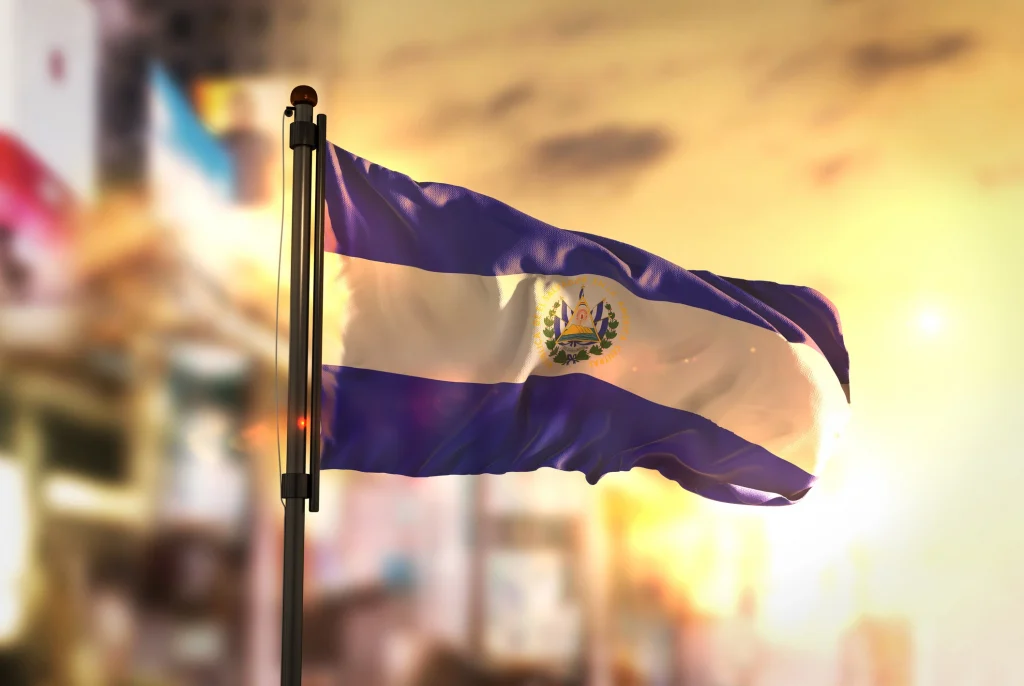
El Salvador and the International Monetary Fund (IMF) have reached an agreement under which the country will reduce risks associated with Bitcoin usage in exchange for a financial package.
El FMI y el gobierno de El Salvador alcanzaron un acuerdo a nivel de personal sobre un Programa SAF de 40 meses para apoyar las reformas del gobierno. El acuerdo con sv está sujeto a la aprobación de Directorio Ejecutivo del FMI. https://t.co/n2B23RWNLz pic.twitter.com/xXysGWBeIS
— FMI (@FMInoticias) December 18, 2024
The IMF program for the Latin American nation will last 40 months and provide $1.4 billion in funding to support economic reforms and maintain the country’s balance of payments.
With additional financing from the Inter-American Development Bank and other regional institutions, the total package will exceed $3.5 billion.
“The IMF-supported program aims to strengthen fiscal and external stability and create conditions for stronger and more inclusive growth,” the Fund stated, acknowledging El Salvador’s progress in economic reforms.
However, the agreement with the IMF includes commitments to adjust the country’s Bitcoin strategy:
- The government will gradually phase out its involvement in the Chivo wallet.
- Taxes will be accepted only in U.S. dollars, El Salvador’s national currency.
- Bitcoin transactions in the public sector will be restricted.
- For private market participants, accepting Bitcoin as payment for goods and services will become voluntary.
“Transparency, regulation, and oversight of digital assets will be enhanced to ensure financial stability, consumer and investor protection, and financial integrity,” the IMF added.
In September 2021, El Salvador enacted a law recognizing Bitcoin as legal tender, requiring businesses to accept it as payment.
The government promoted the use of the Chivo wallet by offering citizens $30 in Bitcoin upon registration. The state also regularly purchased Bitcoin and engaged in mining activities.
According to Bitcoin Treasuries, the country holds 5,969 BTC worth approximately $610.5 million at the time of writing.
The IMF has repeatedly criticized El Salvador for adopting Bitcoin, recommending the removal of its status as legal tender and the liquidation of reserves. IMF experts noted that the risks associated with Bitcoin legalization had not materialized primarily due to limited adoption of the asset.
El Salvador’s government claims Bitcoin adoption has brought benefits, including increased tourism and investment. In 2023, President Nayib Bukele accused the media of downplaying the country’s successes following the adoption of cryptocurrency.
In February 2024, the chief architect of the Bitcoin strategy was re-elected for a second term.








 Cryptol – your source for the latest news on cryptocurrencies, information technology, and decentralized solutions. Stay informed about the latest trends in the digital world.
Cryptol – your source for the latest news on cryptocurrencies, information technology, and decentralized solutions. Stay informed about the latest trends in the digital world.